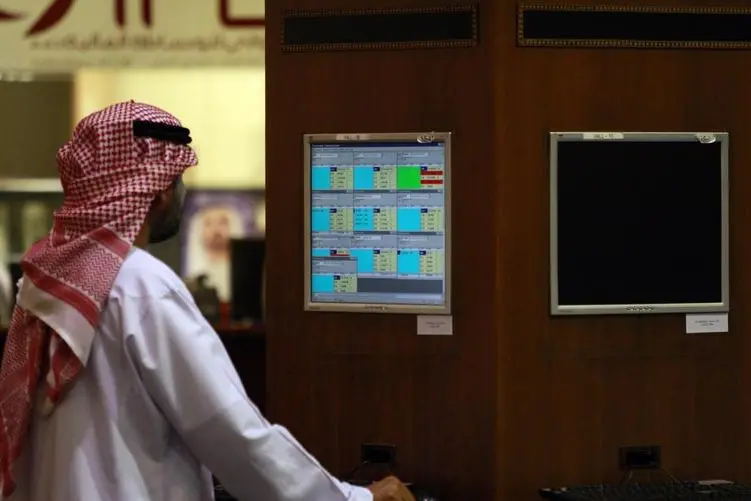PHOTO
Gulf stock markets rebounded in early trade on Tuesday after their record falls in the previous session, tracking a bounce-back in Asian peers and oil prices on stimulus hopes and virus slowdown in China.
Oil prices rose 8% after a 25% slump on Monday, the biggest one-day rout in nearly 30 years, which was triggered by Saudi Arabia's move to slash prices and raise production next month after Russia refused to support deeper cuts in oil output to cope with the outbreak of coronavirus.
President Donald Trump on Monday said he will be taking "major" steps to gird the U.S. economy against the impact of the spreading coronavirus outbreak, while the European Central Bank meets on Thursday and will be under intense pressure to act.
Chinese President Xi Jinping visited Wuhan the epicentre of the coronavirus outbreak on Tuesday; a sign that Beijing believes its efforts to control the virus are working. Mainland China reported 19 new coronavirus infections on Monday down from 40 a day earlier.
Suadi Arabia's benchmark index was up 5.7% with Al Rajhi Bank advancing 6.5%, while the Oil giant Saudi Aramco climbed 6.4% to 30.15 riyals ($8.03)
The food and beverage firm Almarai jumped 9.9%, its biggest intra-day rise since August 2012, after it appointed Naif Bin Sultan Bin Mohammed Bin Saud Al Kabeer as its chairman.
Dubai's index , which fell to its lowest since April 2013 in the last session, was up 5.2% in early trade. Dubai Islamic Bank rose 7% and Emaar Properties was up 7.4%.
The United Arab Emirates' only listed airline Air Arabia added 7.4% after it fell sharply in the last trade following Saudi Arabia's travel ban from UAE over virus concerns.
In Abu Dhabi, the index rose 4.6% after seeing its biggest intra-day loss since November 2009. First Abu Dhabi Bank increased 5.4% and Emirates Telecom gained 3.4%.
The Qatari index, which witnessed its biggest daily loss in at least two decades on Monday, gained 2.8%. Masraf Al Rayan and Qatar National Bank jumped 7% and 4.8% respectively.
Qatar International Islamic Bank, however, plunged 10% as it traded ex-dividend.
Kuwait's premier index, which fell more than 10% in each of the last two sessions triggering trading suspension, climbed 4.8% as the National Bank of Kuwait rose 5.4%.
($1 = 3.7538 riyals)
(Reporting by Maqsood Alam in Bengaluru; Editing by Christopher Cushing) ((Maqsood.Alam@thomsonreuters.com;))





















